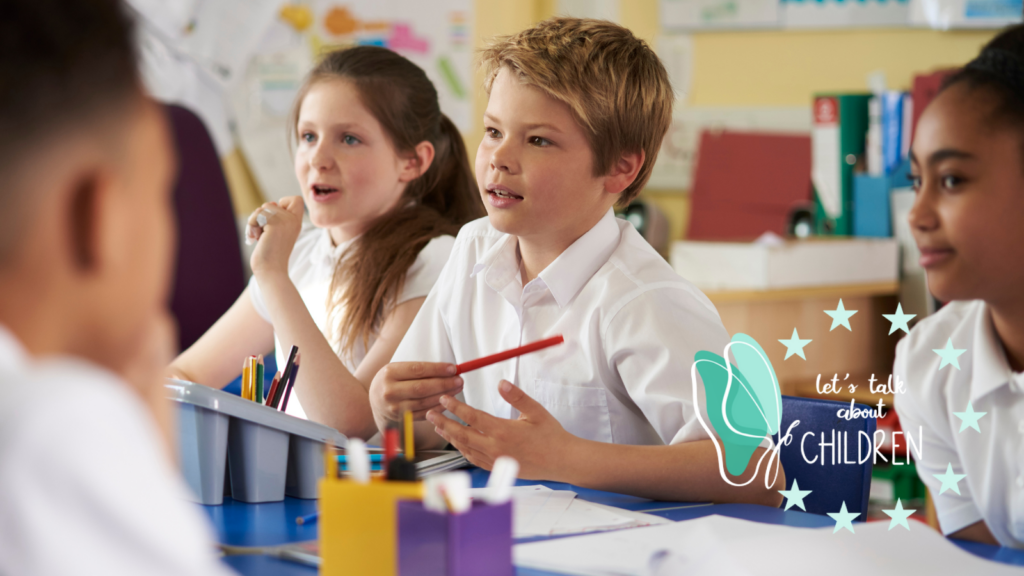Education and Mental Health: Building Resilient Communities for Future Generations

Since immemorial times, schools have been the cornerstone of passing down knowledge from one generation to the next. Yet, education is more than just transmitting information—it is about guiding young people to discover their potential and preparing them for independent, meaningful lives within their communities. The term “education” originates from the Latin educare, meaning “to lead out.” Schools aim to lead children out of their comfort zones, equipping them with the tools to face life’s challenges, build resilience, and foster respect and hope for the future. The progress of any society is intrinsically linked to the quality of education it provides to its youth.
The Critical Role of Mental Health in Education
Beyond teaching methods and teacher-student relationships, the effectiveness of learning heavily depends on the mental and physical well-being of students. Alarmingly, studies estimate that 5 to 6 children per classroom in Europe experience mental health issues, with the number increasing during adolescence. The aftermath of the COVID-19 pandemic has intensified this crisis, leading to higher levels of anxiety, sadness, aggression, and social detachment among students.
Mental health struggles manifest in various ways, including absenteeism and reduced academic performance, which can lead to feelings of isolation and a weakened sense of belonging within the school community. Such challenges, if unaddressed, can follow these children into adulthood, increasing their vulnerability to mental health issues and socio-economic difficulties.
Schools on the Frontline of Mental Health Awareness
The school environment plays a pivotal role in shaping the mental health of students. Academic pressure—whether imposed by the institution, society, or from an overly intense internal sense of duty —can heighten experiences of anxiety and diminish self-esteem, leaving little room for personal growth outside academics. Similarly, the quality of peer relationships significantly impacts emotional well-being. Supportive friendships can boost confidence, while bullying, exclusion, or violence can cause lasting emotional harm.
Addressing these challenges requires schools to adopt inclusive policies and foster an environment that prioritises emotional well-being alongside academic success. Teachers and education professionals must be equipped with the necessary tools and resources to support their students effectively. Identifying individual needs and implementing tailored educational or psychological support is key to ensuring students succeed academically without compromising their mental health.
Building a Community of Trust and Respect
A supportive school community thrives on mutual trust, respect, and a sense of security. Schools must actively combat intimidation, discrimination, and violence by identifying and addressing these issues promptly. Initiatives such as sports, cultural activities, and social projects can foster healthy interactions and strengthen bonds among students.
Mental health issues often ripple beyond the classroom, affecting family dynamics. Children experiencing challenges at school may exhibit irritability, defiance, or aggression at home. Similarly, problems originating in the family—such as economic hardship, domestic violence, or neglect—can hinder academic performance and emotional well-being. Collaboration between schools and families is crucial for identifying and addressing these interconnected issues. A strong school-family partnership enhances students’ emotional resilience, school participation, behavior, and overall academic success.
A Collaborative Approach to Mental Health
Recognising the shared responsibility of educators, families, and health professionals in prioritising mental health, the University of Coimbra has joined the European consortium for the “Let’s Talk About Children” project. Launched in 2023, this initiative aims to empower teachers, educators, health workers, and social professionals with the skills to support families and address the psychosocial needs of children and young people early on. By fostering close collaboration between families, schools, and health services, the project seeks to create an environment that promotes well-being, learning, and holistic development.
This multifaceted approach strives to bring systemic change, enabling institutions and professionals to work cohesively in responding to present and future challenges. Together, they can build a foundation for healthier, more resilient future generations.

Ana Maria Moniz, Professor of Special Education, Fernão do Pó Schools / Winner of the Global Teacher Prize Portugal 2023
Mariana Carvalho, President of the National Confederation of Parent Associations (CONFAP)
Joaquim Cerejeira, Professor of Psychiatry, Faculty of Medicine, University of Coimbra/ Coordinator of the Let’s Talk About Children project in Portugal
